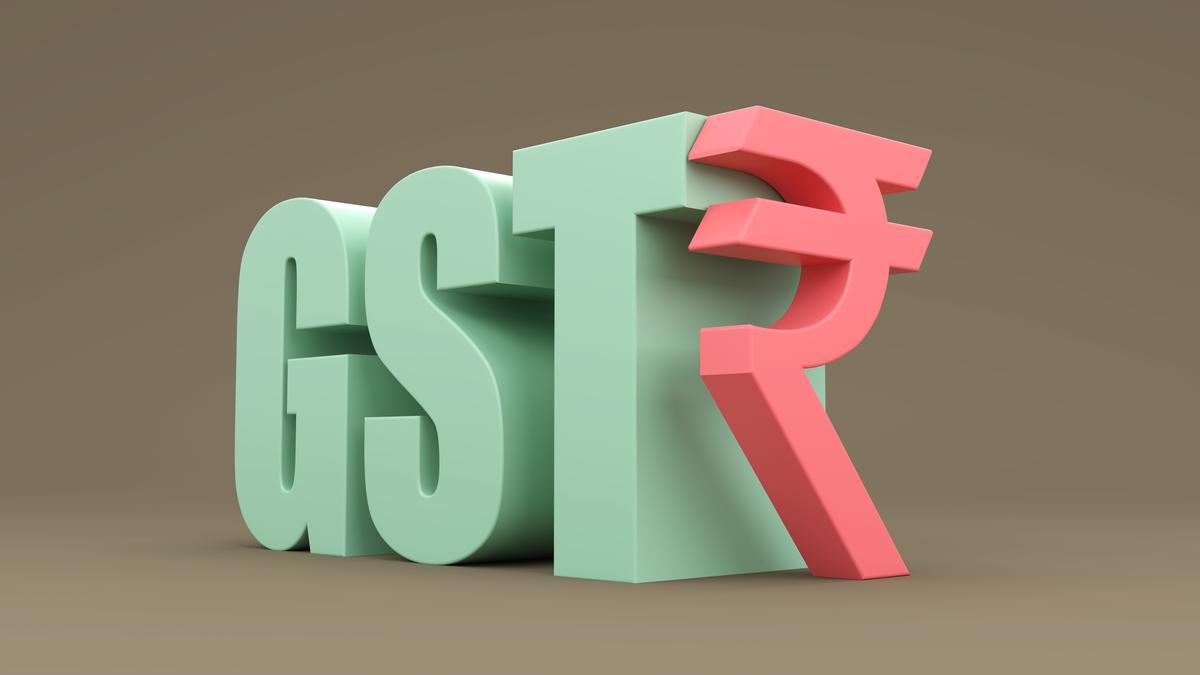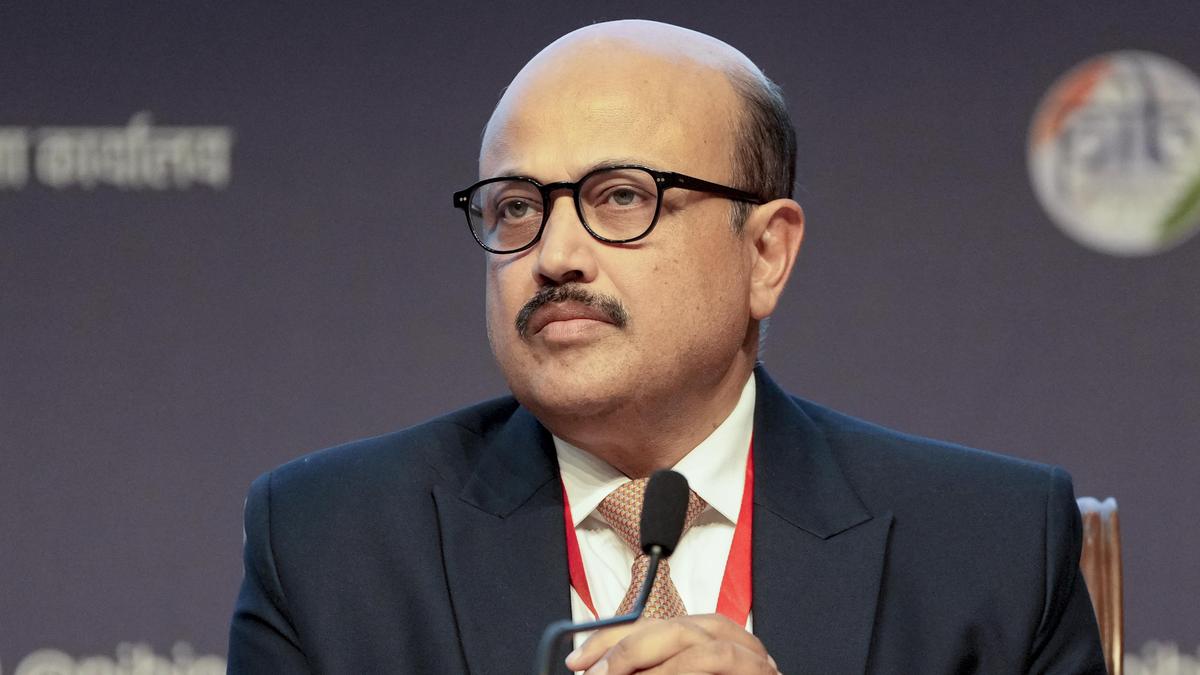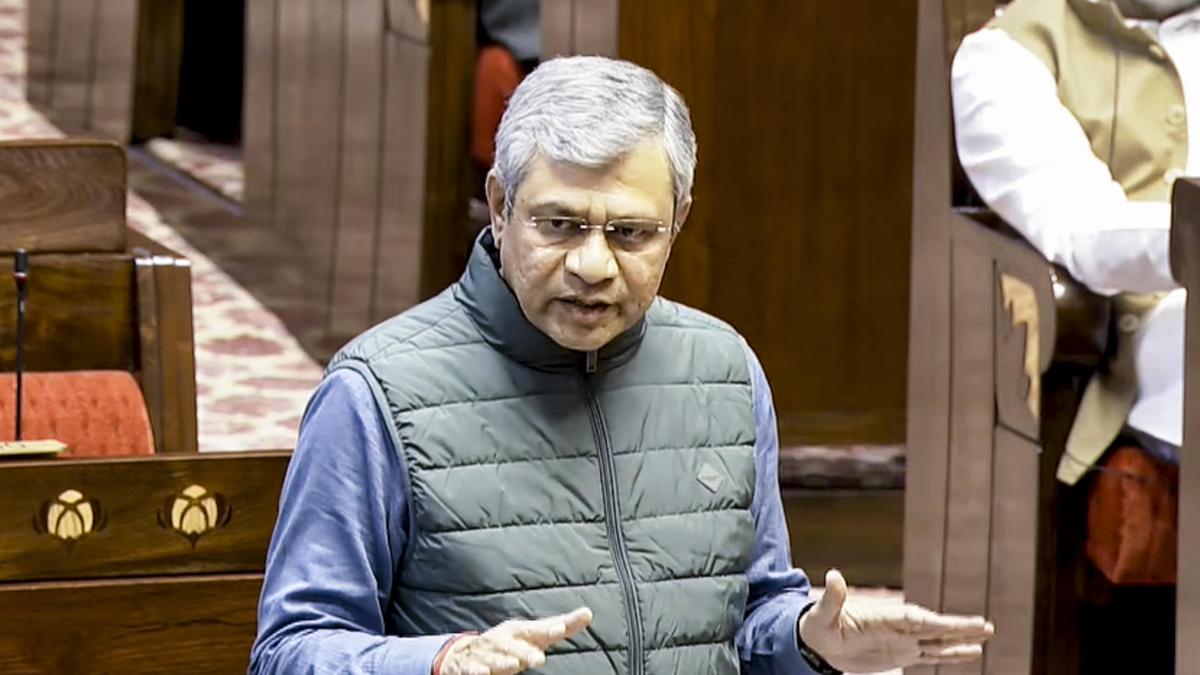Representative image
| Photo Credit: Getty Images/iStockphoto
The new GST regime previewed by Prime Minister Narendra Modi in his Independence Day address would be consumer-centric, with particular emphasis on the poor, the MSMEs, the middle class and the farmers, senior government sources said on Sunday (August 17, 2025).
The new two-tier Goods and Services Tax (GST) structure of 18% and 5% rates will have the twin objective of making rates and processes simpler and more rational, as it was originally intended to be, the sources said.

‘More equitable taxation’
“This has been in the making for a while. Our learning from the last eight years is going into this, and this will be a fundamental change in the template of taxation,” one senior functionary said. “The new GST regime will make our taxation more equitable, and will see reduced taxes on what these four categories consume. The template will be more from the consumers point of view, and it will be put to and explained to the States from the consumers point of view.”
The Centre expects any reduction in revenues that this may cause to be soon offset by a new buoyancy in the economy expected from rate rationalisation and process simplification. “Reduced rates will not lead to reduced revenues, and we expect compliance and collection going higher,” an official said, adding that the forthcoming tax regime will be “fiscally sustainable”.
Most of the items in the 28% rate of GST will move to 18% and “a few” will go to 40%, which will apply to exceptional items, termed “sin goods”, sources said.

“Revenues may fall in the very short run but we expect change in consumption and ease of compliance to make up for it. Thus, it will be a fairly fiscally sustainable exercise,” said a source.
Deepavali deadline
The Centre expects the States to be on board with the proposals in time for the Deepavali — October 20 — deadline it has set for itself to set them in motion. In a press release following the PM’s speech, the Ministry of Finance said the Centre would be engaging with the State governments in the subsequent weeks, in the run-up to the next GST Council meeting.
Two Groups of Ministers (comprising representatives of the State governments) — one on rate rationalisation and another on compensation cess — will have to approve the details before they go to the GST Council for approval. GST has been an ongoing topic of conflict between Opposition-ruled States and the Centre, but the latter does not expect resistance to its revamp proposals.
“The concerns regarding any potential revenue losses are not theirs (Opposition-ruled States) alone to tackle. The Centre and the States should all work together to expand the revenues, using this opportunity. I do not think anyone will or can oppose the proposed reduction in rates,” the functionary said.

They also added that, since the Centre does not have any representative in the GoM on rate rationalisation, if the GoMs decide against the Centre’s proposal, it would look like the States are deciding against lowering taxes for the common man.
Both GoMs, followed by the GST Council, are expected to meet in the coming weeks. One source said the compensation cess will soon cease, before its legal end-date of March 31, 2026. While it was originally set to cease in 2022, its duration was extended thereafter to repay the loan taken to compensate States as the cess collections themselves had been hit by the COVID-19 pandemic.
That loan will be repaid before time. However, this also creates a problem for the Centre as the cess also applies on sin goods like tobacco.
“If the cess ends, then this would substantially lower the effective rate of tax on tobacco, gutka, and other sin goods,” the source explained. “And this is something the Centre cannot be doing. So, this was yet another reason why the GST revamp needed to be done soon.”
That the GST reforms are happening amid global uncertainties and tariff threats by the United States is mere coincidence, according to the sources.
Published – August 17, 2025 10:28 pm IST






